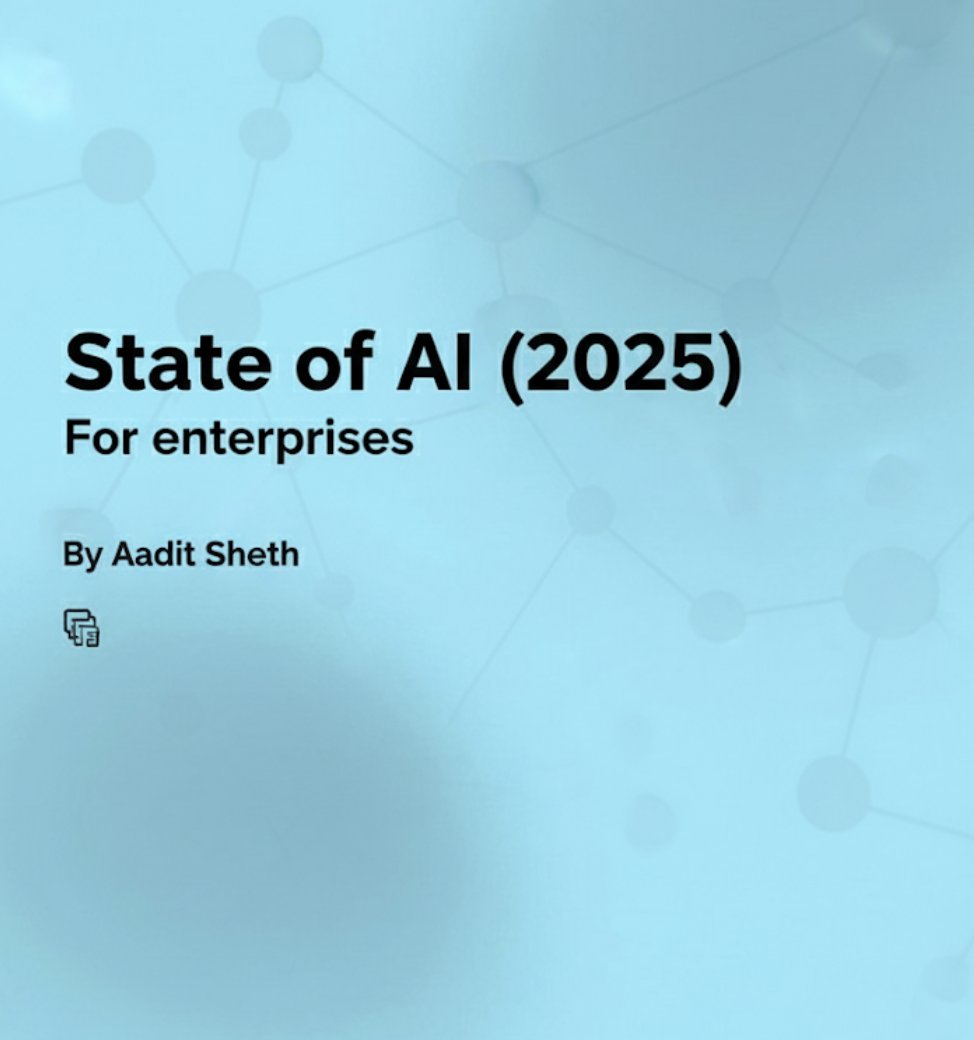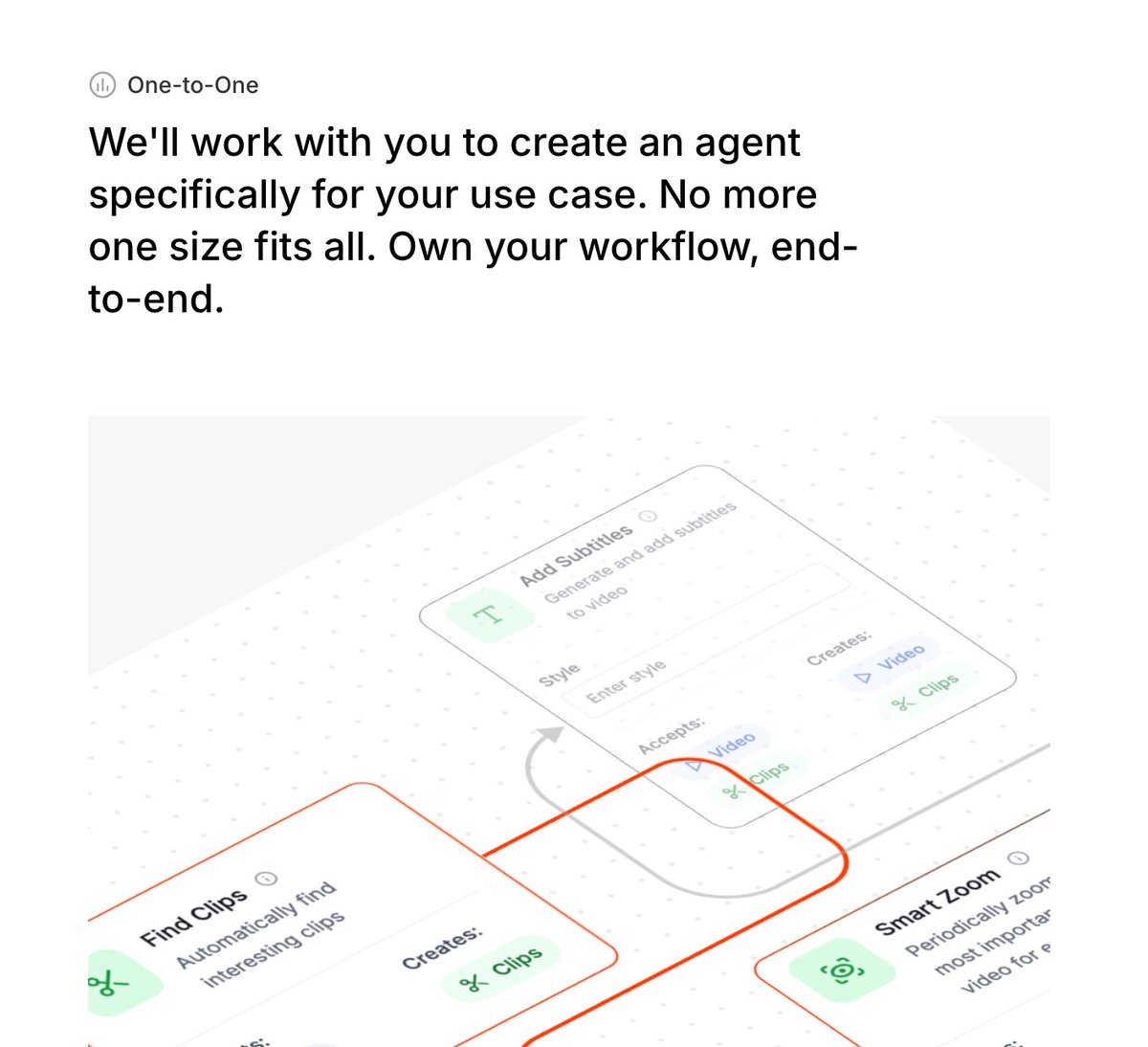ChatGPT was just step 1.
Google dropped a whitepaper on the next evolution of AI: Agents.
Now, everyone—from Satya Nadella to Jensen Huang—is talking about them.
Here’s why AI agents are the next big thing. Let's break it down. 🧵

Google dropped a whitepaper on the next evolution of AI: Agents.
Now, everyone—from Satya Nadella to Jensen Huang—is talking about them.
Here’s why AI agents are the next big thing. Let's break it down. 🧵


Agents are like supercharged AI assistants.
Unlike standalone models, they:
• Use tools to access real-world info
• Make decisions autonomously
• Execute tasks in a loop until goals are achieved
Unlike standalone models, they:
• Use tools to access real-world info
• Make decisions autonomously
• Execute tasks in a loop until goals are achieved

Key difference: Agents vs. Models
• Models: Limited to training data, one-off predictions.
• Agents: Use tools for real-time data, manage ongoing tasks, and continuously adapt to user needs.
• Models: Limited to training data, one-off predictions.
• Agents: Use tools for real-time data, manage ongoing tasks, and continuously adapt to user needs.

Agents have a "brain" called the orchestration layer that helps them make decisions.
It's like a conductor leading an orchestra, making sure everything works together perfectly!
It's like a conductor leading an orchestra, making sure everything works together perfectly!

Just like we use tools, agents need tools to interact with the world.
These can be:
1. Extensions
They are like a bridge between AI agents and APIs.
They:
• Teach agents how to use APIs with examples.
• Simplify complex tasks like booking flights or fetching live data.
These can be:
1. Extensions
They are like a bridge between AI agents and APIs.
They:
• Teach agents how to use APIs with examples.
• Simplify complex tasks like booking flights or fetching live data.

2. Functions
These are like mini-programs that AI agents can run to do specific tasks.
They're handy tools that calculate distances, translate languages, or even analyze images.
With functions, agents can get things done efficiently.
These are like mini-programs that AI agents can run to do specific tasks.
They're handy tools that calculate distances, translate languages, or even analyze images.
With functions, agents can get things done efficiently.

3. Data Stores
Data stores are like vast libraries of information that AI agents can access.
They hold everything from flight details to movie reviews, and news articles to scientific research.
With data stores, agents can tap into a world of knowledge.
Data stores are like vast libraries of information that AI agents can access.
They hold everything from flight details to movie reviews, and news articles to scientific research.
With data stores, agents can tap into a world of knowledge.

Now, how do agents "think"?
They follow a cycle:
1. First, they gather info.
2. Reason with frameworks like ReAct (logic) or Chain-of-Thought (step-by-step).
3. Execute actions.
4. Refine based on results.
They follow a cycle:
1. First, they gather info.
2. Reason with frameworks like ReAct (logic) or Chain-of-Thought (step-by-step).
3. Execute actions.
4. Refine based on results.

Practical example:
Imagine a travel agent AI.
When you ask, "I want to book a flight from Austin to Zurich."
It uses an extension to connect to the airline's booking system (API).
The extension acts as a bridge, allowing the AI to understand your request and send the correct information to the API to find your flights!
Imagine a travel agent AI.
When you ask, "I want to book a flight from Austin to Zurich."
It uses an extension to connect to the airline's booking system (API).
The extension acts as a bridge, allowing the AI to understand your request and send the correct information to the API to find your flights!

If you want to build agents.
You can use tools like LangChain or Google Vertex AI.
• Define goals
• Add reasoning steps
• Test & refine
Why does this matter?
In the future, agents unlock complex real-world applications.
They bring AI into our daily lives, from managing customer support to handling financial workflows.
So to keep an eye on these advancements, follow me @aaditsh for more.
You can use tools like LangChain or Google Vertex AI.
• Define goals
• Add reasoning steps
• Test & refine
Why does this matter?
In the future, agents unlock complex real-world applications.
They bring AI into our daily lives, from managing customer support to handling financial workflows.
So to keep an eye on these advancements, follow me @aaditsh for more.

If you found this valuable, retweet below to share with your friends ♻️
https://twitter.com/1273505391553449985/status/1881695761819480488
• • •
Missing some Tweet in this thread? You can try to
force a refresh













